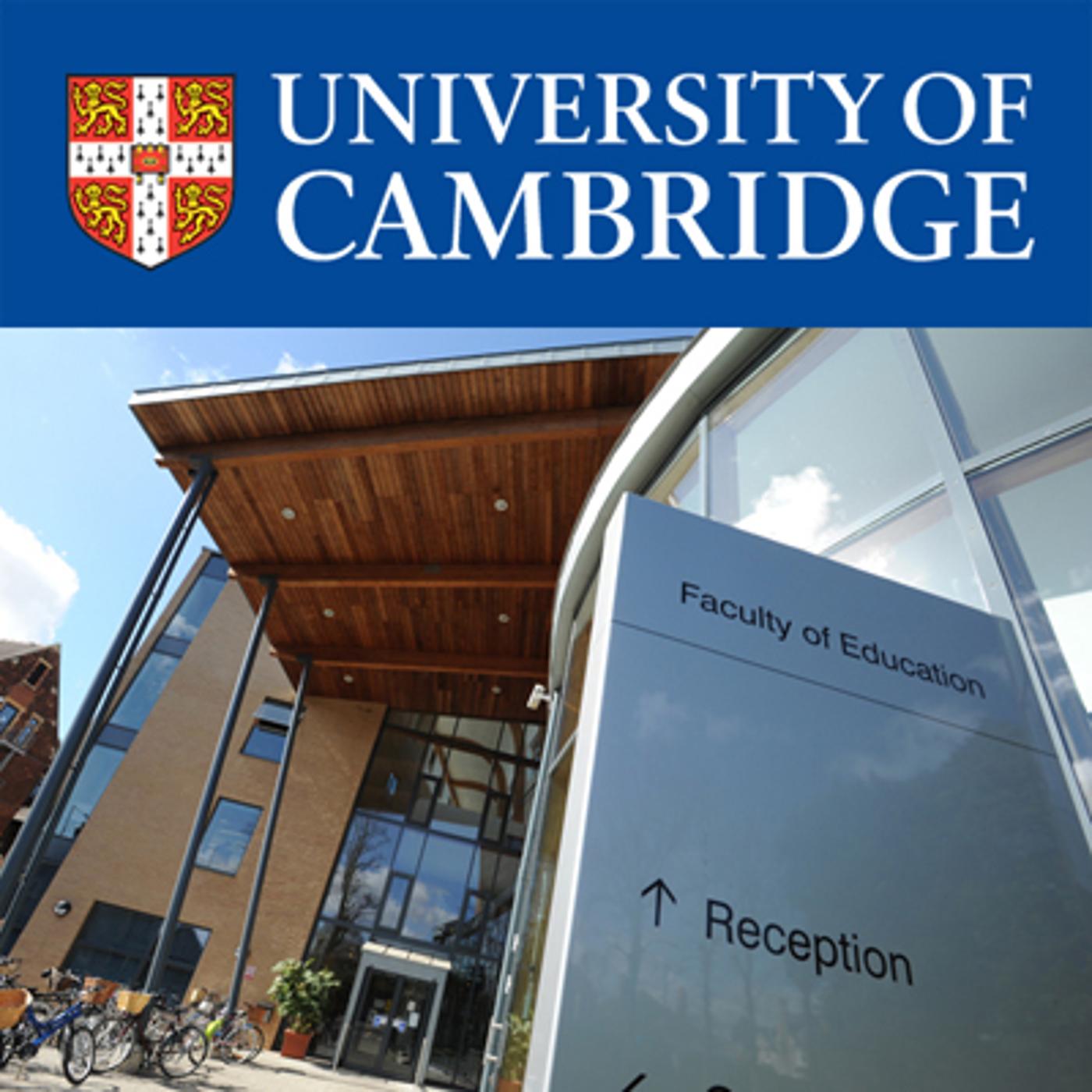Teacher Competence Beliefs on Classroom Assessment Practices in Secondary Schools in Kazakhstan. The Development of External Assessments in Multiple Languages. A Test of Learning, Certification or Accountability? Perceptions of Standardized Testing in Kazakhstan.
Update: 2015-11-27
Description
Taking a cross-cultural perspective, this paper presents results of a qualitative study into classroom assessment practices of teachers in secondary schools in Kazakhstan. Particular attention is given to how teachers move from a post-Soviet construct of competence based on simple knowledge accrual and testing against state standards to a more Westernised student competence and formative assessment belief model. Therefore, the primary aim of this study is to apply Western theories of the purposes of assessment to the context of teaching English, Kazakh and Russian in Kazakhstan by exploring local teachers' beliefs and understanding about their practices.
This presentation will contextualise some of the processes and procedures that are required to produce external assessments as well as some of the bespoke arrangements that have been developed for the NIS context. In particular, how the necessity to produce and administer the same assessments for some subjects in multiple languages has led to the further development and adaptation of existing practices.
Research among school teachers and students in Kazakhstan resulted in qualitative data comprising 51 interviews and focus groups obtained from various types of schools. The dataset was designed to satisfy research questions on how the three purposes were met by the current national school-leaving assessment tool, the Unified National Test (UNT). A fourth area of discussion was how continuity of assessment was managed between the school system and a newly Bologna Process-compliant higher education sector (EHEA, 2012). Results indicated that the UNT was unable to satisfy all three purposes effectively, or to prepare students adequately in a learning-outcomes approach to assessment. Authors: Dr Liz Winter (FoE), Dr Daniel Torrano (NUGSE), Dr Ros McLellan (FoE) with assistance from Daurenbek
Kuleimenov, Arailym Soltanbekova and Madina Tynybayeva (NUGSE).
This presentation will contextualise some of the processes and procedures that are required to produce external assessments as well as some of the bespoke arrangements that have been developed for the NIS context. In particular, how the necessity to produce and administer the same assessments for some subjects in multiple languages has led to the further development and adaptation of existing practices.
Research among school teachers and students in Kazakhstan resulted in qualitative data comprising 51 interviews and focus groups obtained from various types of schools. The dataset was designed to satisfy research questions on how the three purposes were met by the current national school-leaving assessment tool, the Unified National Test (UNT). A fourth area of discussion was how continuity of assessment was managed between the school system and a newly Bologna Process-compliant higher education sector (EHEA, 2012). Results indicated that the UNT was unable to satisfy all three purposes effectively, or to prepare students adequately in a learning-outcomes approach to assessment. Authors: Dr Liz Winter (FoE), Dr Daniel Torrano (NUGSE), Dr Ros McLellan (FoE) with assistance from Daurenbek
Kuleimenov, Arailym Soltanbekova and Madina Tynybayeva (NUGSE).
Comments
Top Podcasts
The Best New Comedy Podcast Right Now – June 2024The Best News Podcast Right Now – June 2024The Best New Business Podcast Right Now – June 2024The Best New Sports Podcast Right Now – June 2024The Best New True Crime Podcast Right Now – June 2024The Best New Joe Rogan Experience Podcast Right Now – June 20The Best New Dan Bongino Show Podcast Right Now – June 20The Best New Mark Levin Podcast – June 2024
In Channel





